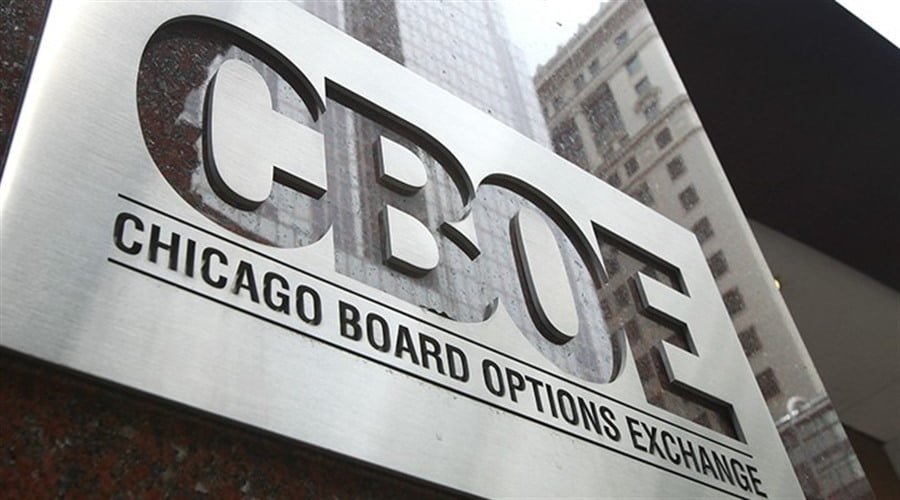Cboe Global Markets and MSCI have collaborated to introduce new index options and volatility indices. These offerings, set to launch after regulatory approval on March 18, will provide investors diverse exposure to international, developed, emerging, and US markets.
Catherine Clay, Cboe’s Global Head of Derivatives, expressed enthusiasm for expanding the Cboe-MSCI toolkit with more index options and volatility indices. This enhancement aims to broaden product choices for customers and enhance their engagement with global markets.
New services from MSCI and Cboe
The three upcoming index options will cover developed and emerging markets, offering investors comprehensive exposure to various global markets.
The new index options will be linked to MSCI’s benchmarks, including the MSCI World Index, the MSCI ACWI Index, and the MSCI USA Index. Cboe will also introduce two volatility indices: the Cboe MSCI EAFE Volatility Index and the Cboe MSCI Emerging Markets Volatility Index, empowering investors to gauge market sentiment accurately.
BlackRock’s iShares ETFs recently debuted on Cboe Australia as part of the global expansion strategy. Cboe’s ETF listing platform, renowned in the US, Europe, and Canada, now hosts new iShares ETFs, bolstering BlackRock’s position among the top global asset management firms.
Cboe expands its Global Markets OfferingsThe introduction of iShares ETFs like IMTM, IQLT, and IVLU in Australia expands investment opportunities for local investors seeking exposure to global markets. With over 680 ETF listings in the US, Cboe Australia contributes significantly to the country’s daily ETF trading volume, strengthening the platform’s market presence and offerings for investors.
Cboe Global Markets reported a notable increase in diluted earnings per share (EPS) by 33% during the fourth quarter of 2023. Heightened trading volumes and fees drove the surge in options’ net revenue by 15%, although North American Equities experienced a 10% decline mainly due to adjustments in transaction and clearing fees.
